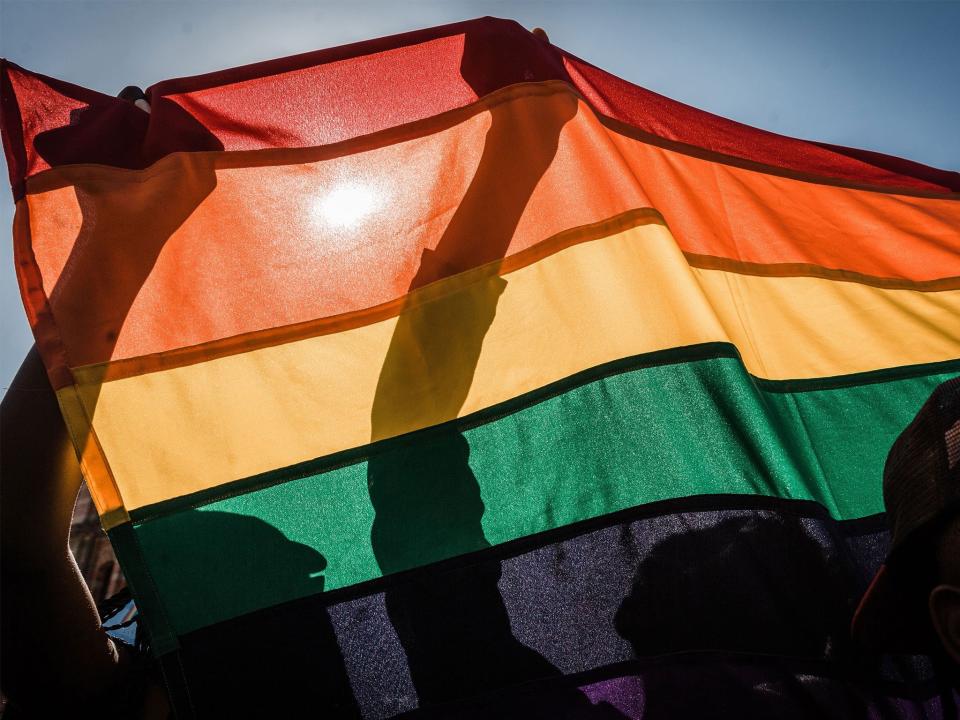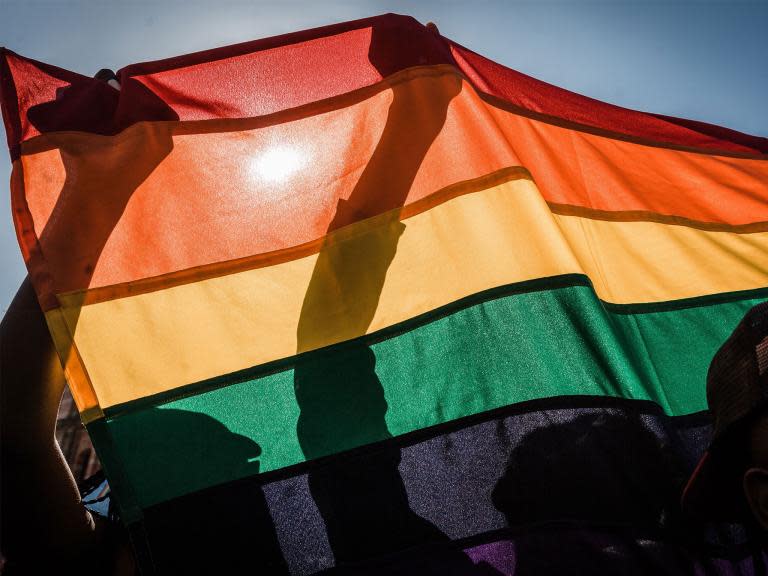Primary school children should be taught about what it means to be LGBT+, doctors say
Children at primary schools in England should be taught what it means to be lesbian, gay and bisexual, leading medics say.
The Royal College of Paediatricians and Child Health is calling on the government to make a “clear statement” that LGBT+ people and relationships are part of teaching about healthy relationships.
Draft guidance from the Department for Education (DfE) says that schools are free to determine how they address LGBT+ content, adding that any teaching should be “sensitive and age-appropriate”.
But the senior doctors have said primary schools should talk to children about different sexualities.
In a response to the DfE’s consultation on relationships and sex education, which closed last week, the Royal College said: “There needs to be a clear statement that LGBT+ people and relationships are part of teaching about healthy relationships in primary school.
“This can be demonstrated in relation to families - but also it is helpful to children to learn the meaning of terms such as lesbian, gay and bisexual.”
Dr Max Davie, the college's officer for health promotion, told the Daily Telegraph: “We need to talk to children like they are intelligent beings.They are curious. My children know people who are gay or lesbian, it's not that big a stretch to be talking to children about bisexuality.”
It comes after ministers announced last week that Scotland would become the first country in the world to ensure its education system recognises the issues faced by the LGBT+ community.
Campaigners have been calling on the government to amend its draft relationships and sex education guidance to ensure all schools in England promote the acceptance of LGBT+ people.
Just last week, singer Will Young called for action over the “misappropriation of the word gay” in the classroom. He accused ministers in recent years of doing nothing to tackle the issue.
Recent research found that nearly half of school pupils have heard friends use language that is discriminatory or negative towards LGBT+ students – and more than one in three young people have been called gay or lesbian as an insult.

 Yahoo News
Yahoo News 

